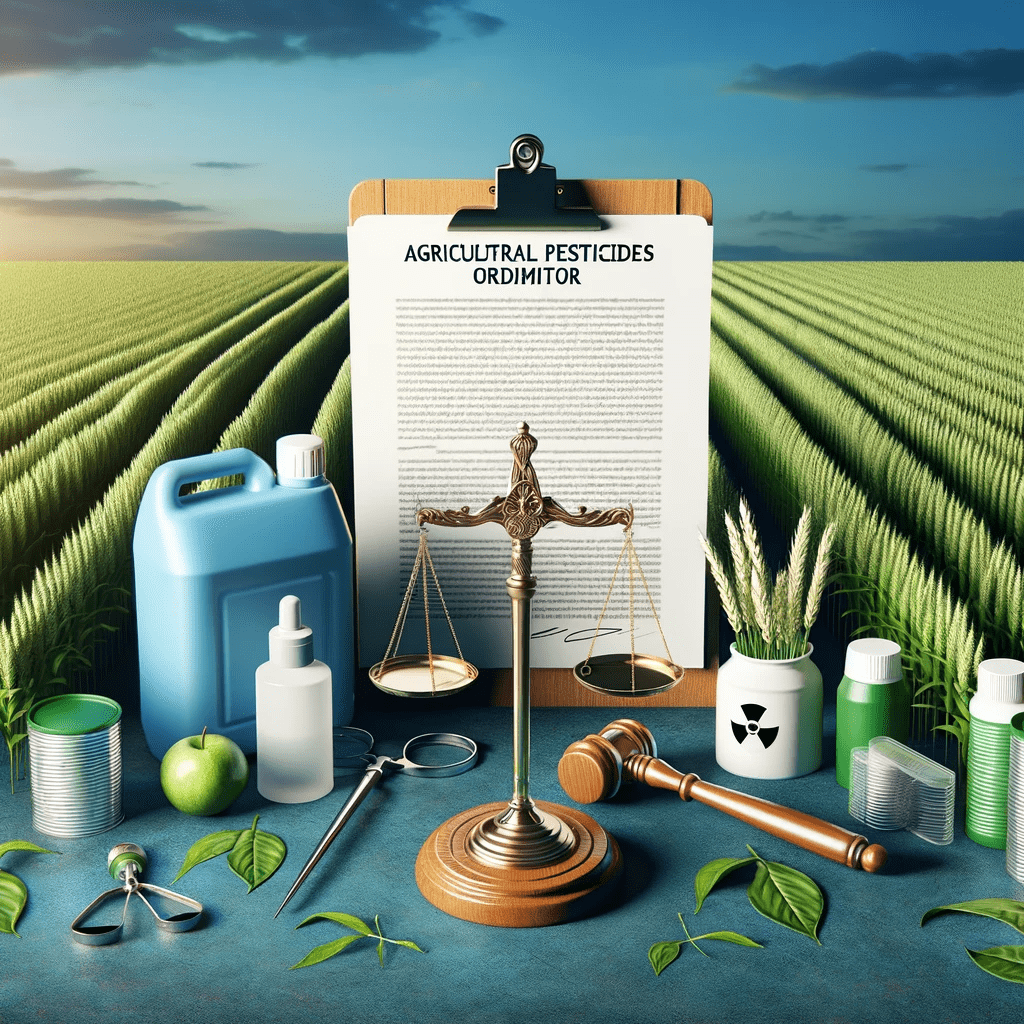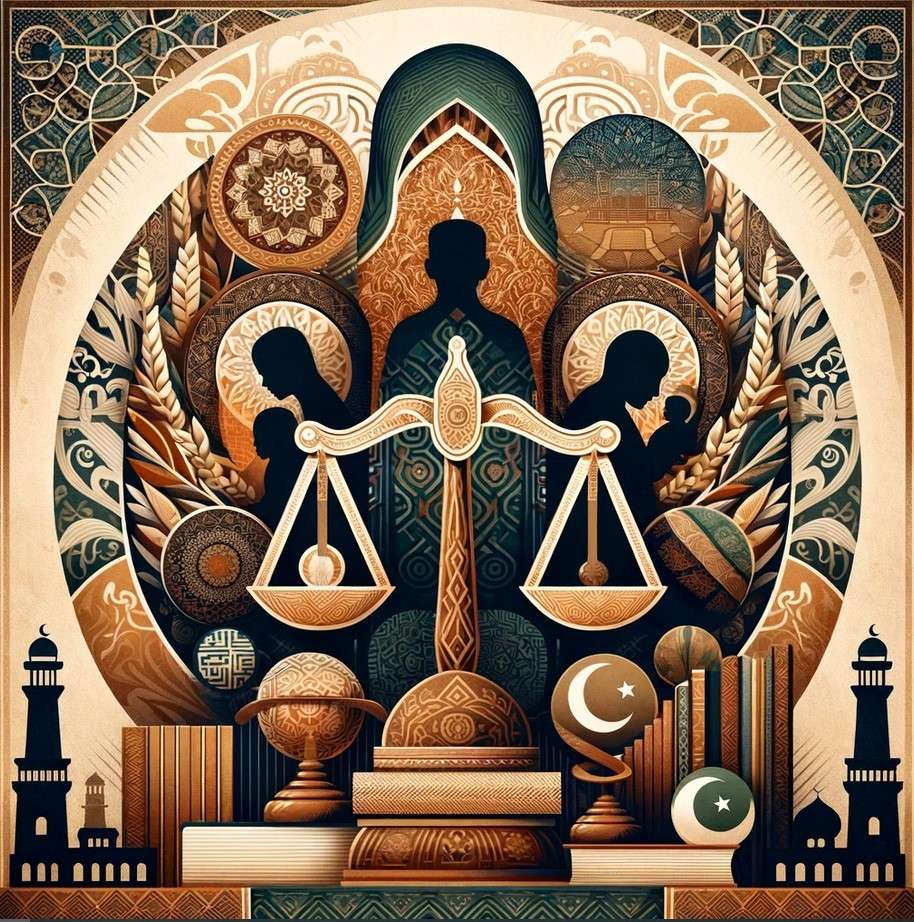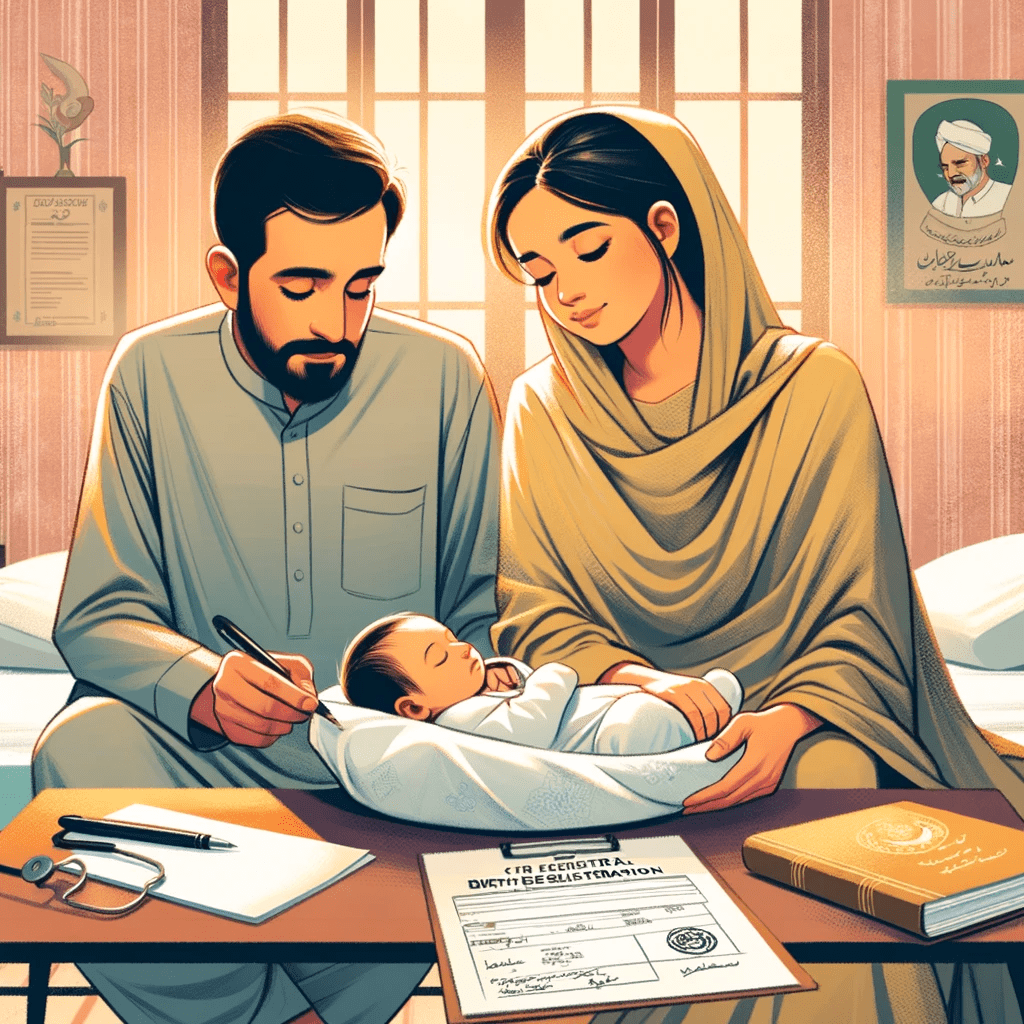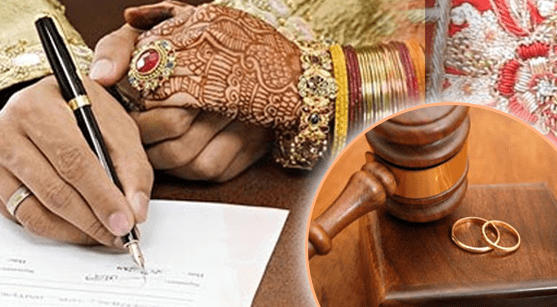AGRICULTURAL PESTICIDES ORDINANCE, 1971
AGRICULTURAL PESTICIDES ORDINANCE, 1971 The Agricultural Pesticides Ordinance, 1971 stands as a cornerstone of responsible pesticide management in Pakistan. Enacted on 25th January, 1971, it recognized the crucial role that pesticides play in agricultural productivity while acknowledging the potential harm they can inflict on human health and the environment. This forward-thinking legislation established a comprehensive framework to regulate the import, manufacture, sale, distribution, and use of pesticides, aiming to strike a delicate balance between agricultural needs and environmental sustainability. Delving into the specifics of the ordinance, we’ll examine the registration process for pesticides, ensuring their safety and efficacy. We’ll explore labeling requirements that empower informed decision-making for users. Storage and disposal guidelines will be examined, highlighting responsible practices to safeguard public health and ecological well-being. By delving into these aspects, we’ll gain a deeper understanding of how the Agricultural Pesticides Ordinance, 1971, paves the way for a more sustainable and responsible approach to pest management in agriculture. ORDINANCE NO. II OF 1971 An Ordinance to regulate the import, manufacture, formulation, sale, distribution and use of pesticides. whereas it is expedient to regulate the import, manufacture, formulation, sale, distribution and use of pesticides and for matters ancillary thereto ; and whereas the national interest of Pakistan in relation to the achievement of uniformity requires Central legislation in the matter; Now, therefore, in pursuance of the Proclamation of the 25th day of March, 1969, read with the Provisional Constitution Order, and in exercise of all powers enabling him in that behalf, the President is pleased to make and promulgate the following Ordinance:— CHAPTER I INTRODUCTORY 1.— Short title, extent and commencement. (1) This Ordinance may be called the Agricultural Pesticides Ordinance, 1971. (2) It extends to the whole of Pakistan. (3) It shall come into force at once. Application of other laws not barred. The provisions of this Ordinance shall be in addition to, and not in derogation of, the provisions of the Poisons Act, 1919, and any other law for the time being in force. Definitions. In this Ordinance, unless there is anything repugnant in the subject or context, the expression— (a) “ adulterated “ when used with reference to a pesticide, means any pesticide the strength or purity of which falls below the professed standard or quality which is expressed on its label or under which it is sold or a pesticide any valuable ingredient of which has been wholly or partially extracted ; (b) “ advertise “ means to make known by publication or distribution of any advertisement, circular or other notice ; (c) “ brand “ means the trade name applied by an importer, manufacturer, formulator or vendor to the goods imported, manufactured or sold by him ; (d) “ Committee “ means the Agriculture Pesticide Technical Advisory Committee constituted under this Ordinance ; (e) “ formulation “ means the process by which a pesticide is converted, by mixing with other substances, in to a form in which it is ready to be used ; (f) “fungi” means all rusts, smuts, mildews, moulds, yeasts, and similar forms of plant life prescribed in this behalf and includes bacteria affecting plant life ; (g) “ Government Analyst “ means a Government Analyst appointed under this Ordinance ; (K) “ guarantee “ means the statement indicating the strength, effectiveness and other qualities of a brand of a pesticide which an importer, manufacturer, formulator, vendor or person holding stock for sale of a brand of a pesticide is required to submit under the rules at the time of applying for the registration of the brand ; (i) “ Inspector “ means an Inspector appointed under this Ordinance ; (j) “ ingredient “ means any material used in mailing a pesticide; (k) “ insect “ means any of the small invertebrate animals commonly known as insects and includes such forms of animal life as may be prescribed ; (l) “ label “ means the written, printed or graphic matter on, or attached to, a pesticide or the immediate container thereof, and the outside container or wrapper of the retail package, if any, of the pesticide ; (m) “package “ includes every container; (n) “ pesticide “ means any substance or mixture of substances used or represented as a means for preventing, destroying, repelling, mitigating or controlling, directly or indirectly, any insect, fungus, bacterial organism, nematodes, virus, weed, rodent, or other plant or animal pest ; but does not include a substance which is a drug within the meaning of the Drugs Act, 1940; (o) “ prescribed “ means prescribed by rules made under this Ordinance ; (p) “ registered “ means registered under this Ordinance ; (q) registration number “ means a specific number assigned by the federal Government to each registered brand of pesticide ; (r) “ rules “ means rules made under this Ordinance ; and (s) “ weed “ means any plant which grows where not wanted. CHAPTER II IMPORT, MANUFACTURE, FORMULATION, SALE, DISTRIBUTION, AND USE OF PESTICIDES. Pesticides to be registered. No person shall import, manufacture, formulate, sell, offer for sale, hold in stock for sale or in any manner advertise any brand of pesticide which has not been registered in the manner hereinafter provided. 5— Application for registration of pesticide. (1) Any person intending to import, manufacture, formulate, sell, offer for sale, hold in stock for sale or advertise any brand of a pesticide may apply to the l Federal Government for the registration of the brand under such name as he may indicate in the application. (2) An application under sub-section (1) shall be in such form, be accompanied by such fee and contain such statements and information as may be prescribed. (3) Where the person making an application under subsection (1) is not domiciled in Pakistan, the application shall, besides such person, be signed by his agent or representative in Pakistan. (4) Upon the receipt of an application under sub-section (1), the Federal Government may register a brand of a pesticide by
AGRICULTURAL PESTICIDES ORDINANCE, 1971 Read More »
Laws of Pakistan - Library




